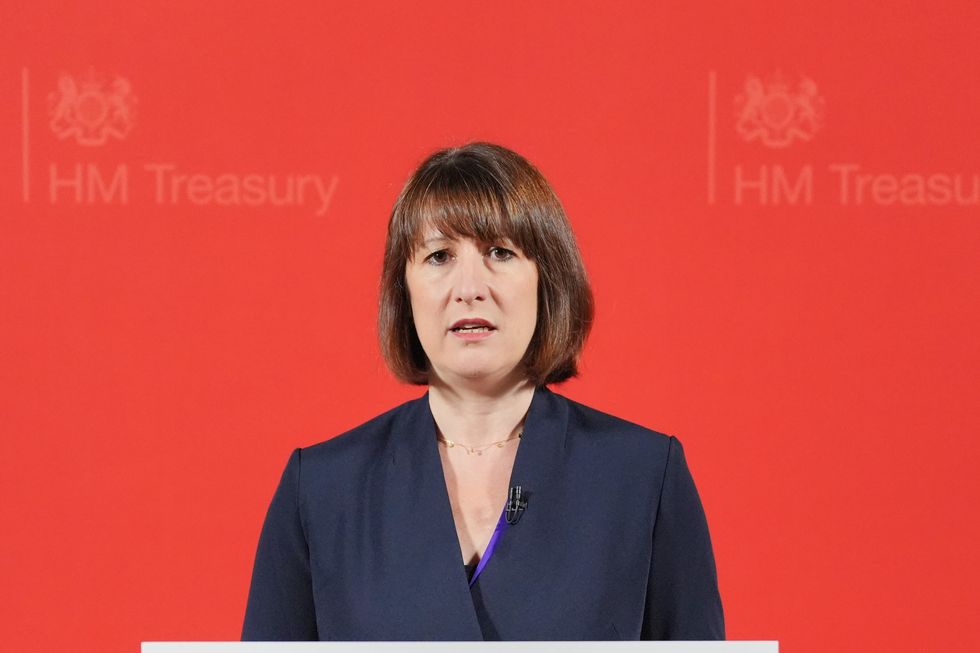A British manufacturing company has announced it will close its four factories following Labour’s recent Budget changes – making it the first business to cease UK production due to the Chancellor’s new policies.
Connectix Cabling Systems’ managing director Kevin Hancock said Rachel Reeves’s national insurance tax increases and minimum wage hikes have made manufacturing in Britain unsustainable.
The Essex-based company will move production to India or China, marking a significant shift for one of the country’s largest cable manufacturing firms.
Connectix, which reported revenues of £50 million in 2023, specialises in manufacturing fibre optic cables for internet providers worldwide.
A British manufacturing company has announced it will close its four factories following Labour’s recent Budget changes – making it the first business to cease UK production due to the Chancellor’s new policiesGetty
The company currently employs 150 people across its British factories.
While production will move overseas, the company has promised to find different roles within the organisation for affected employees.
Connectix already has indirect employment ties with approximately 400 workers in India and China, where manufacturing operations are now set to be outsourced.
Hancock, 56, founded Connectix in 1993 at the age of 25, building the company from humble beginnings.
“I was born in the 1960s and grew up in a council house,” he told The Telegraph.
“I was from a poor background and we suffered under Labour’s power cuts and the three-day week in the 1970s.”
LATEST DEVELOPMENTS:
The company experienced rapid growth, earning recognition from the Daily Mail in 1999 as the most promising company for the new millennium.
Despite previous challenges, including the 2008 credit crunch which forced the closure of one factory with 175 workers, the company had managed to maintain some UK production until now.
Labour’s recent policies have dealt a significant blow to the company’s UK operations.
“The minimum wage has gone up again after a 10 per cent rise last year, so that’s 16 per cent in two years,” Hancock explained.
He expressed particular concern about the national insurance rise, describing it as “massive for us all.”
“There’s a cliff coming for manufacturing,” he warned. “Manufacturing in Britain will die. It has already died, in my view.”
The combination of these cost pressures has made even high-value, customised production unviable in Britain.
Hancock delivered a stark criticism of Labour’s approach to business, urging the government to change its perspective.
“What I’d say to Labour is they should stop trying to use business as a cash cow and start seeing business as a partnership rather than just taking from them,” he said.
He suggested Labour’s lack of business experience was part of the problem.
“It’s probably because they don’t know. They’ve never run a business. They don’t know what it’s like,” he stated.
The managing director called for the Government to seek better advice from experienced business leaders.
Connectix Cabling Systems’ managing director Kevin Hancock said Rachel Reeves’s national insurance tax increases and minimum wage hikes have made manufacturing in Britain unsustainable
PA
“They shouldn’t see entrepreneurs as rich people who are just trying to make more money for themselves because ultimately their wealth is spread,” he added.
The closure decision comes in the wake of Chancellor Rachel Reeves’s maiden Budget, which introduced £40 billion in tax rises and £30 billion per year in extra borrowing.
“The saddest thing is we actually want to be made in Britain,” Hancock said.

